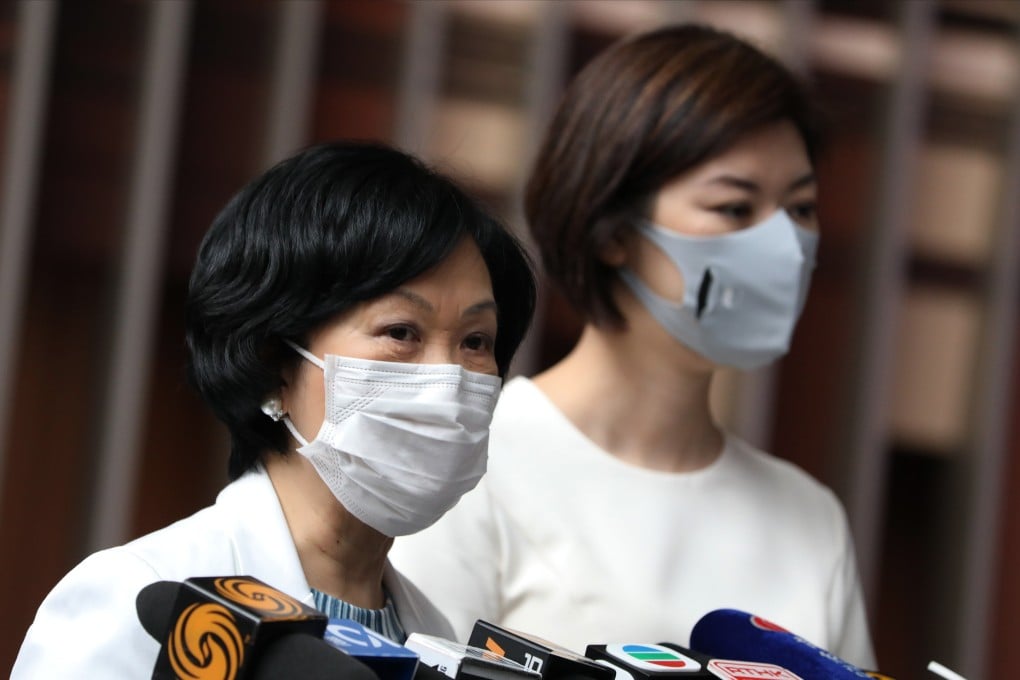My Take | It’s no joke: ban dual nationality and cancel chief executive election
- Radical proposals may put Regina Ip and Leung Chun-ying in race to be Hong Kong’s next leader

Two local political heavyweights have been generating so many news headlines in recent weeks you wonder if they may be jockeying to be chief executive next year.
Regina Ip Lau Suk-yee and Leung Chun-ying have made radical proposals that would have been unthinkable before the introduction of the national security law in the summer.
It looks like the two are competing to see who can be a better leftist in Beijing’s eyes. So much for political moderation! It’s probable that Ip, having tried but failed to be a chief executive candidate in the last election in 2017, still harbours the ambition.
Leung, believing he was stymied not only by the pan-democratic opposition but also the powerful business lobby while he was chief executive, may want to stage a comeback to finish the job.
